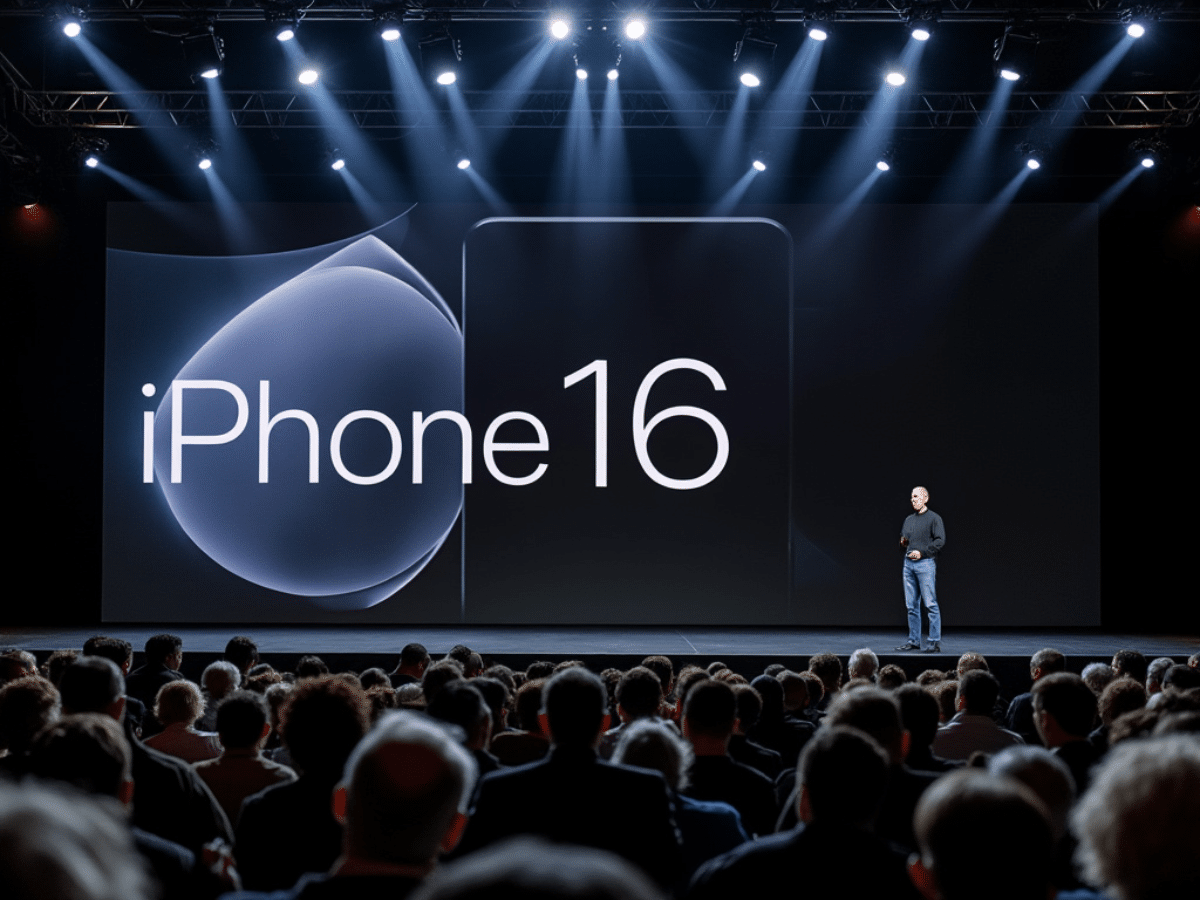Indonesia has banned Apple from selling its latest iPhone 16 in the country as the Cupertino-based company wasn’t able to fulfill its investment commitment. The country has also warned its citizens against buying the phone from overseas and has stressed that owning the iPhone 16 would be deemed “illegal.”
Here we’ll discuss the implications of the ban on Indonesians and as well as tourists who visit the country. We’ll also see how the ban further complicates the picture for Apple which is set to report its fiscal Q4 2024 earnings later this week.
Indonesia Bans Apple iPhone 16
For context, under Indonesia’s TKDN (Domestic Component Level) regulations, companies selling smartphones and tablets need to ensure at least 40% local content. Apple did not establish manufacturing in the country and instead built four developer academies in the country.
It committed to invest 1.71 trillion Rupiah (around $109 million) into Indonesia but fell short by around $14 million, prompting the country to ban sales of the latest Apple products, including its artificial intelligence (AI) enabled iPhone 16 in the country. To make things worse, the country has said that merely owning the iPhone 16 would be illegal, with the industry minister Gumiwang Kartasasmita calling upon people to report anyone using the model.
Indonesia locked horns with Apple by banning iPhone 16. The device is termed "illegal", henceforth.
Reason? Apple promised $110mn but invested $95mn. The underlined reason may be something else, but govts nowadays not hesitating taking head-on with tech giants. Lessons to be… pic.twitter.com/SjOuaplGU0
— The Hawk Eye (@thehawkeyex) October 26, 2024
Kartasasmita said that the iPhone 16 does not have the IMEI (International Mobile Equipment Identity) certification for it to be used in Indonesia.
This is a large step back for Apple as Indonesia is a big market for the company. While Apple does not provide the sales breakdown for the country, it said that it set new revenue records for the country in the fiscal third quarter. Previously, during the fiscal Q2 earnings call Apple CEO Tim Cook described Indonesia as “one of the many markets where we continue to see so much potential.”
Cook also visited Indonesia earlier this year as the company tries to expand its sales in that market that boasts 350 million active mobile phones in a population of only 270 million.
What Does the iPhone 16 Ban Mean for Tourists in Indonesia
While the iPhone 16 went into sale only last month, the ban could pose problems for tourists visiting Indonesia. However, Antara which is the country’s state news agency has clarified that tourists and airline crew members are allowed to use the model subject to two conditions. Firstly, they should not carry more than two models and secondly, these should not be sold locally as it would be in violation of the law.
“The iPhone 16 series that enter Indonesia through passengers’ luggage should not be traded and is limited to personal use,” clarified an Industry Ministry spokesperson, Febri Hendri Antoni Arief. However, he warned, “The Industry Ministry asks the public to report people who trade mobile phone products carried here through passengers.”
Apple 16 is banned in Indonesia because the company did not sufficiently invest in the country.
As global supply chains become more localized, we can expect more of these challenges for large multinational companies that will have to balance global investment and global sales.
— Rich Tehrani (@rtehrani) October 28, 2024
Indonesia has said that so far around 9,000 iPhone 16s have entered the country through various channels but stressed that these should not be sold commercially.
Indonesia Has a Long History of Using Trade Actions to Achieve Objectives
To be sure, this won’t be the first instance of Indonesia forcing foreign companies to increase investments in the country. In the past, it has barred leading copper miner Freeport-McMoRan from exporting copper concentrates from its Grasberg mine unless it committed to setting up smelting operations in the country.
The US-based miner relented and set up a smelter in Southeast Asia’s biggest economy. It also agreed to sell the majority stake in that mine – which also happens to be the world’s biggest gold mine – to a state-owned Indonesian company.
Indonesia also banned the export of raw nickel in 2020 at a time when the crucial battery ingredient was in hot demand. The move led to the development of a domestic battery industry – aided by the fact that the country is the biggest producer of the metal.
However, not all such trade actions have been successful and the restrictions on imports of nearly 4,000 goods ranging from laptops to chemicals led to s shortage in the domestic market. The thought process around these actions is the same – to increase domestic manufacturing and jobs.
Apple Intelligence to Be Released This Week
Meanwhile, the Indonesia ban is yet another headwind for Apple at a time when markets are hesitant about the sales outlook for the iPhone 16.
While Apple started selling its AI-powered iPhone 16 last month, it hasn’t yet released “Apple Intelligence”, its upcoming suite of unique AI features. This is a bit odd given that it was the main selling point of the new model. Without these features, the iPhone 16 is almost indistinguishable from the previous model. The company claims that it will gradually start rolling out these features this week, though it hasn’t specified the exact date.
To make things worse, Apple Intelligence won’t be available in China and the EU as the company engages regulators there to allay their fears over data safety.
As for the Indonesian ban, it is yet another instance of the country using trade measures to force a foreign company to increase domestic investments. However, for Apple, it could become a major obstacle as stymies its plan to expand its sales outside of the west and China to other Asian countries with blossoming economies.
